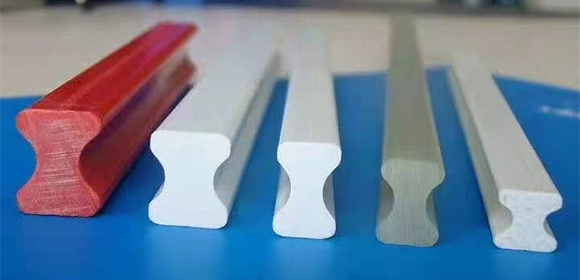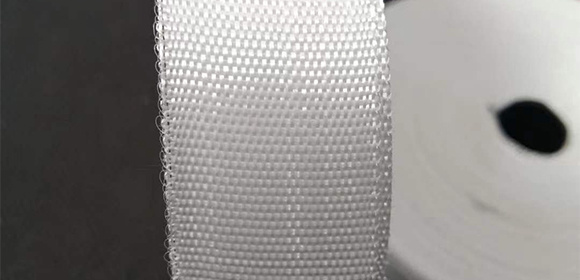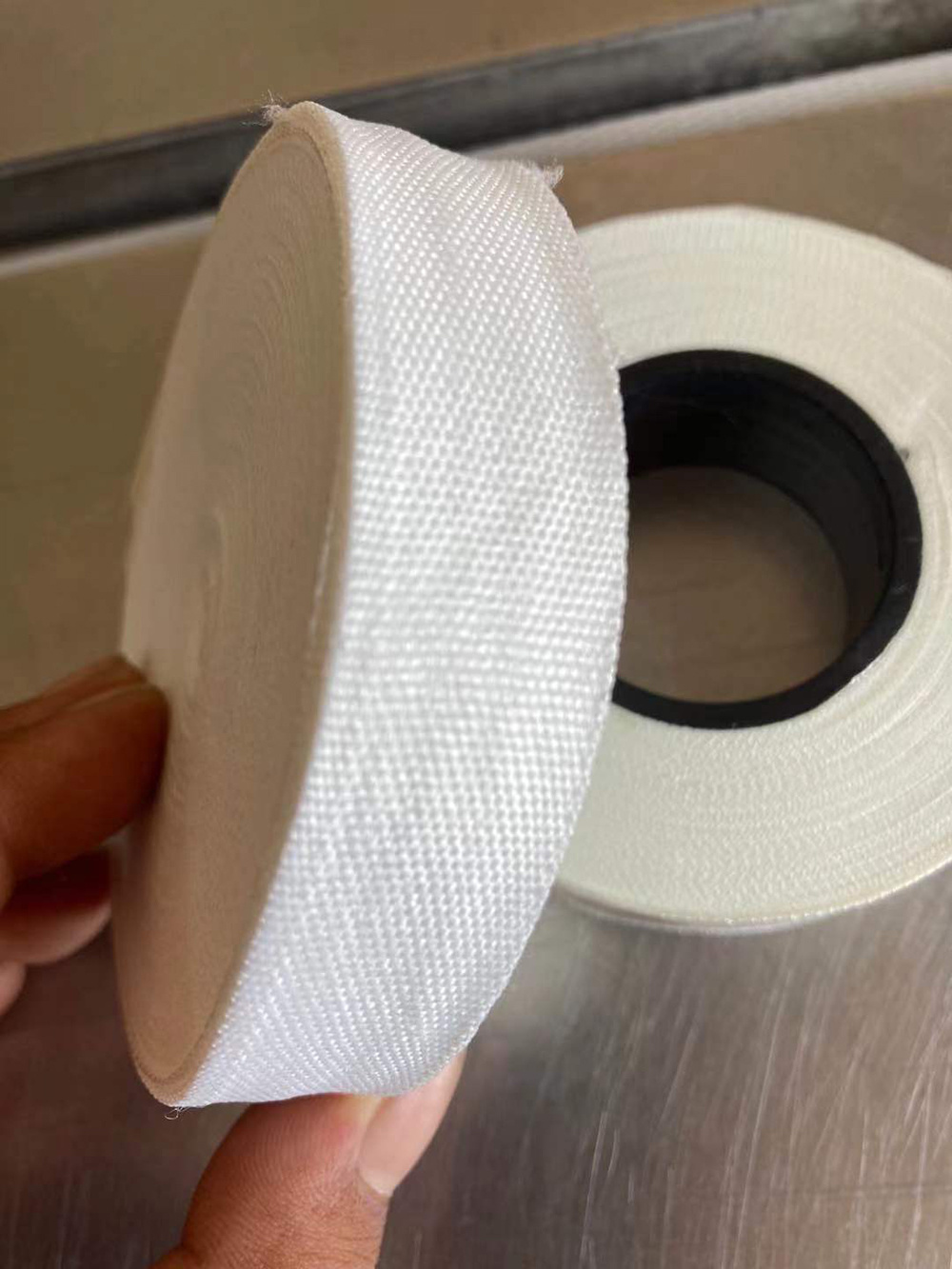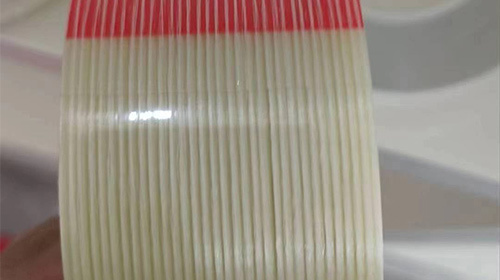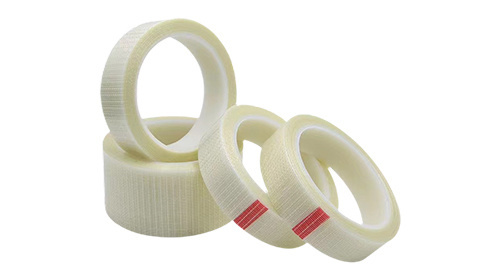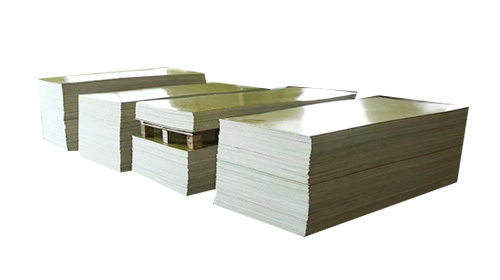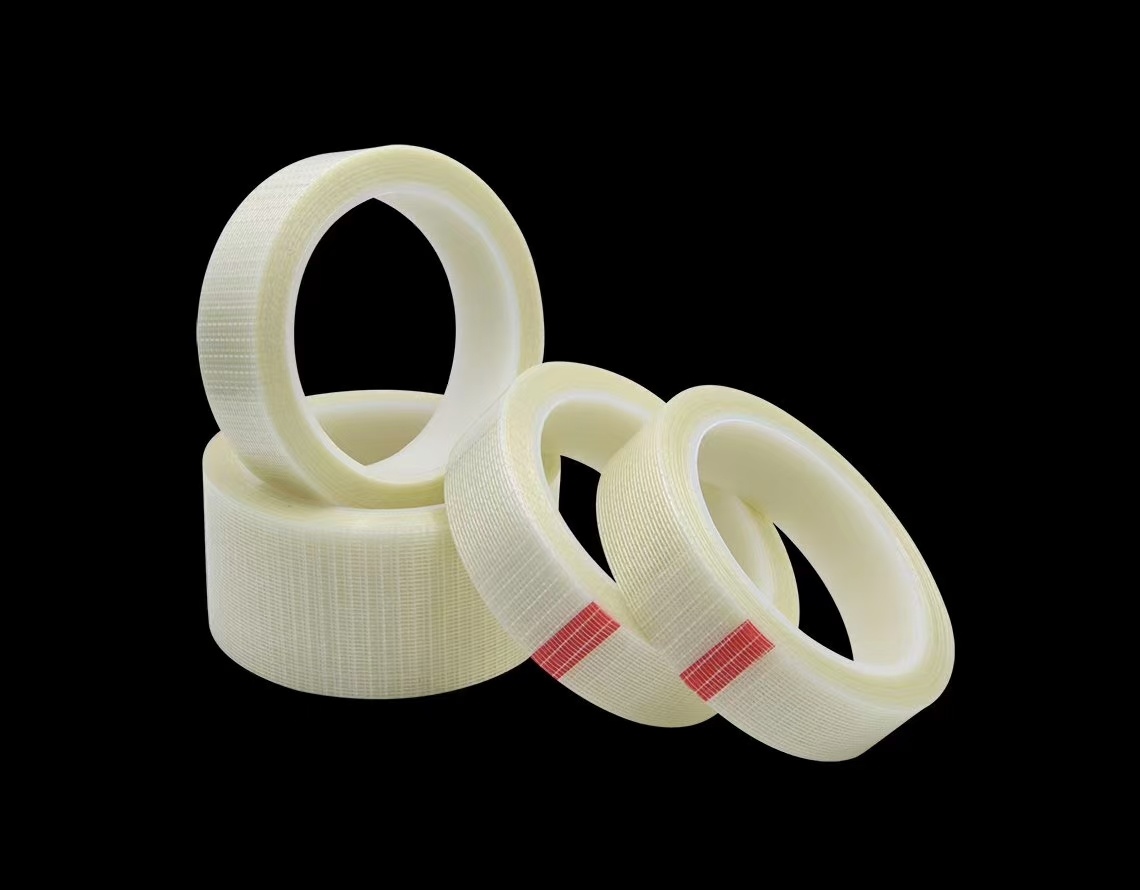Understanding High Temperature Insulation Tape: Essential Knowledge for Electrical Applications
High temperature insulation tape is specifically designed to withstand extreme thermal conditions while providing superior electrical insulation. Its primary function is to protect electrical components from heat damage, ensuring optimal performance and safety. Typically made from materials such as silicone, PTFE, or fiberglass, high temperature insulation tape can endure temperatures ranging from
High temperature insulation tape is specifically designed to withstand extreme thermal conditions while providing superior electrical insulation. Its primary function is to protect electrical components from heat damage, ensuring optimal performance and safety. Typically made from materials such as silicone, PTFE, or fiberglass, high temperature insulation tape can endure temperatures ranging from 200°C to over 600°C, depending on the type of tape used.
One of the key advantages of high temperature insulation tape is its versatility. It is widely used in various electrical applications, including motor windings, transformers, and power distribution systems. The tape can be employed to insulate wires, wrap around cables, and secure connections, preventing short circuits and potential failures caused by excessive heat.
Moreover, high temperature insulation tape is often used in environments where traditional insulation materials may falter. For instance, in industries such as aerospace, automotive, and manufacturing, components are subjected to extreme temperatures and harsh conditions. The durability and resilience of high temperature insulation tape make it an ideal choice for these challenging applications.
In addition to thermal resistance, high temperature insulation tape also offers excellent chemical resistance. This feature is particularly valuable in environments where exposure to oils, solvents, and other corrosive substances is common. By providing a protective barrier against these harmful elements, high temperature insulation tape helps extend the life of electrical components and reduce maintenance costs.
Another important consideration is the reliability of the adhesive used in high temperature insulation tape. The adhesive must be able to withstand high temperatures without compromising its bonding strength. Many high-quality tapes are designed with advanced adhesive formulations that ensure strong adhesion even under thermal stress, making them a dependable choice for critical electrical applications.
When selecting high temperature insulation tape, it is essential to consider factors such as temperature rating, thickness, and application method. Ensuring that the tape meets the specific requirements of the intended application will maximize its effectiveness and safety.
In conclusion, high temperature insulation tape is an invaluable asset in the electrical industry, providing essential thermal protection and electrical insulation for a wide range of applications. Its durability, versatility, and chemical resistance make it a go-to solution for professionals seeking reliable insulation materials. Understanding the properties and benefits of high temperature insulation tape can lead to improved performance and safety in electrical systems, making it a crucial component in modern electrical engineering.
One of the key advantages of high temperature insulation tape is its versatility. It is widely used in various electrical applications, including motor windings, transformers, and power distribution systems. The tape can be employed to insulate wires, wrap around cables, and secure connections, preventing short circuits and potential failures caused by excessive heat.
Moreover, high temperature insulation tape is often used in environments where traditional insulation materials may falter. For instance, in industries such as aerospace, automotive, and manufacturing, components are subjected to extreme temperatures and harsh conditions. The durability and resilience of high temperature insulation tape make it an ideal choice for these challenging applications.
In addition to thermal resistance, high temperature insulation tape also offers excellent chemical resistance. This feature is particularly valuable in environments where exposure to oils, solvents, and other corrosive substances is common. By providing a protective barrier against these harmful elements, high temperature insulation tape helps extend the life of electrical components and reduce maintenance costs.
Another important consideration is the reliability of the adhesive used in high temperature insulation tape. The adhesive must be able to withstand high temperatures without compromising its bonding strength. Many high-quality tapes are designed with advanced adhesive formulations that ensure strong adhesion even under thermal stress, making them a dependable choice for critical electrical applications.
When selecting high temperature insulation tape, it is essential to consider factors such as temperature rating, thickness, and application method. Ensuring that the tape meets the specific requirements of the intended application will maximize its effectiveness and safety.
In conclusion, high temperature insulation tape is an invaluable asset in the electrical industry, providing essential thermal protection and electrical insulation for a wide range of applications. Its durability, versatility, and chemical resistance make it a go-to solution for professionals seeking reliable insulation materials. Understanding the properties and benefits of high temperature insulation tape can lead to improved performance and safety in electrical systems, making it a crucial component in modern electrical engineering.






